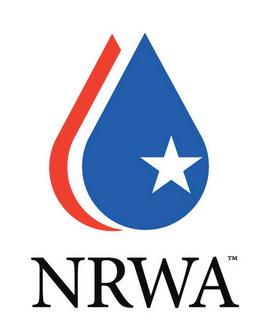
1 minute read
OKLAHOMA STRATEGIC ALLIANCE EXCELLENCE RECOGNIZED
ORWA has been hard at work the last few years developing a program that would elevate the rural water and wastewater systems of Oklahoma to a best-in-class business model and turn the state into one of the top in the nation on providing long-range value for its citizens through water and wastewater services.
In 2022, The Oklahoma Strategic Alliance was awarded the Water for 2060 Award, for their commitment and cooperation towards making Oklahoma a more sustainable state.
Advertisement
Together with the Office of the Oklahoma Secretary of Energy and Environment, the Oklahoma Department of Environmental Quality, the Oklahoma Water Resources Board, and the Oklahoma Rural Water Association, a Sustainability Program is designed for each system to assess themselves through a living document that provides a checklist that includes source water, production, treatment, employee retention, board participation, financial management and every part it takes to operate a sustainable system for years to come.
In The Field 2022 Rural Water Impact
water loss audits were completed at rural Oklahoma water systems, identifying 182 million gallons of water loss per year, valued at $397,000.
leak detections completed. These leaks were costing the systems 140 million gallons per year, valued at $313,803.
rate studies completed, with a 0.208 average increase in operating ratio and $3.2 million in additional revenue generated.
National Rural Water Association

FY2024 APPROPRIATIONS PRIORITIES
Small and rural communities have the very important public responsibility of complying with all applicable federal Safe Drinking Water Act and Clean Water Act regulations and for supplying the public with safe drinking water and sanitation every second of every day.
Over 91% of the approximately 50,000 community water systems serve fewer than 10,000 persons and 81% serve fewer than 3,300 persons. Small and rural communities often have difficulty complying with complicated federal mandates and providing safe/affordable drinking water and sanitation due to limited economies of scale and lack of technical expertise. This difficulty is eased due to ongoing and continuing support offered through rural water training and technical assistance programs as highlighted below.
DEAR CONGRESS, PLEASE PRIORITIZE WHAT IS WORKING...


